Innovation On Display (Page Two)


The Hudson was a hot car in its day....
145 HP In-Line Flathead six
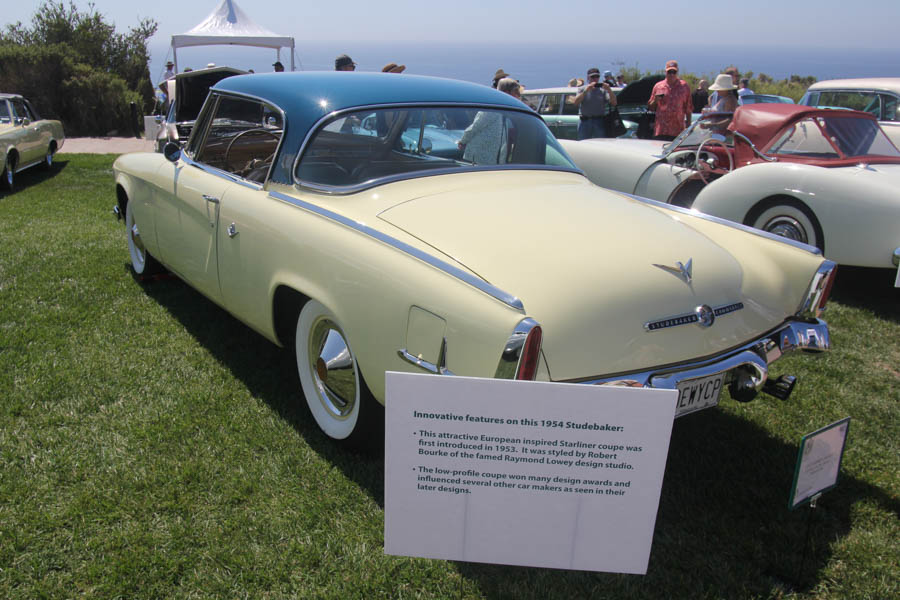
1953 Studebaker was a statement maker

1954 Kaiser was the first fibre glass body... Check the doors
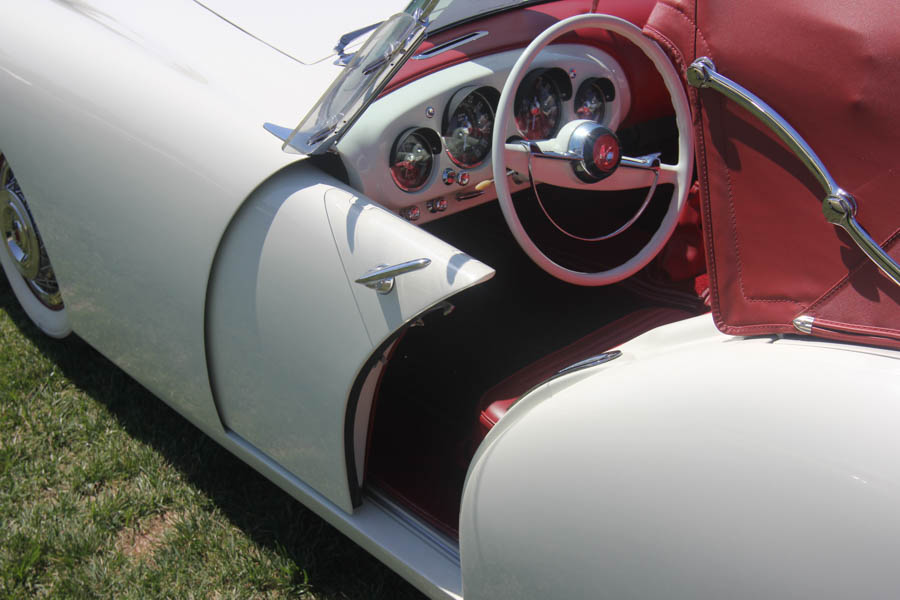
Amazing innovations
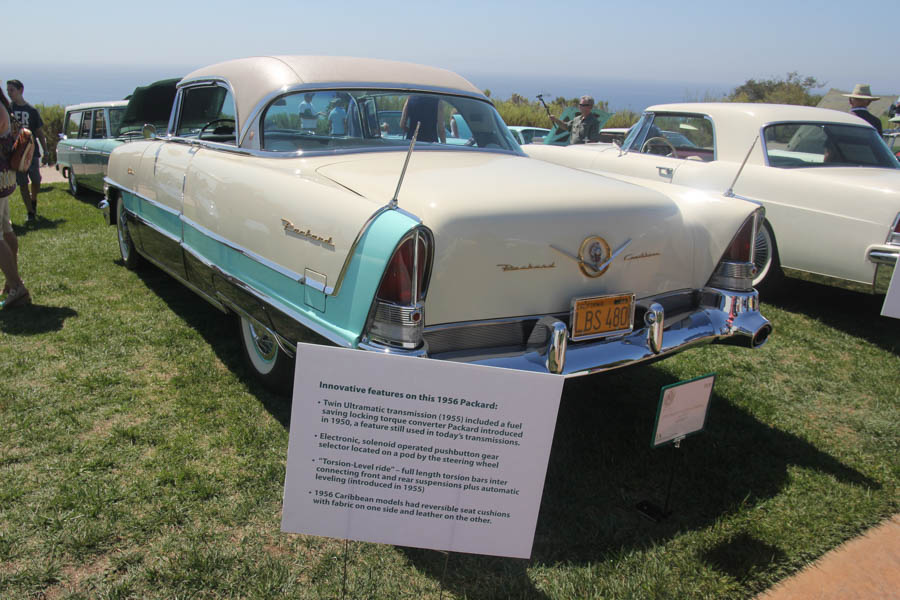
The 1956 Packard was an amazing vehicle with push-button transmission,
torsion level ride, and reversible seat cushions with fabric on one side
and leather on the other

Check the push button transmission shifter
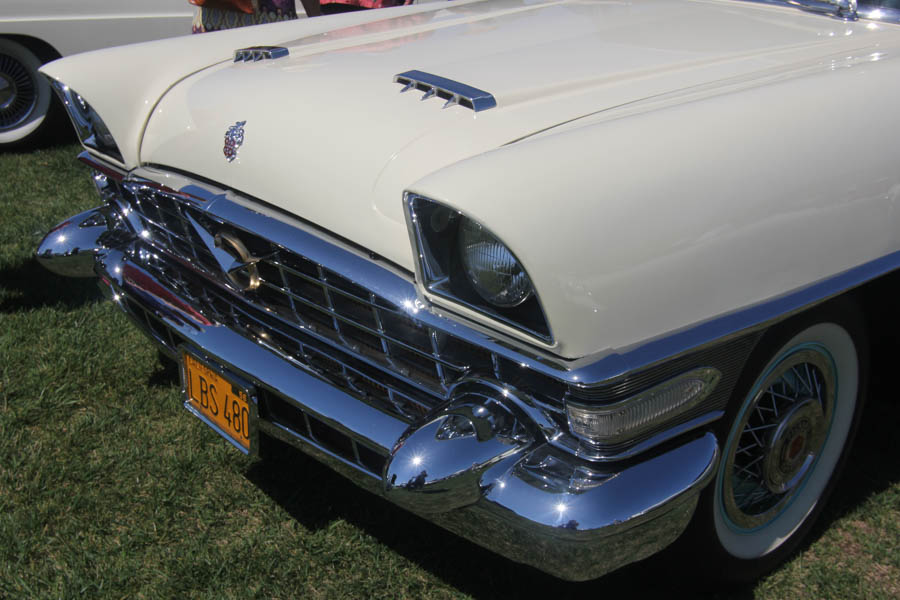
Tons of chrome
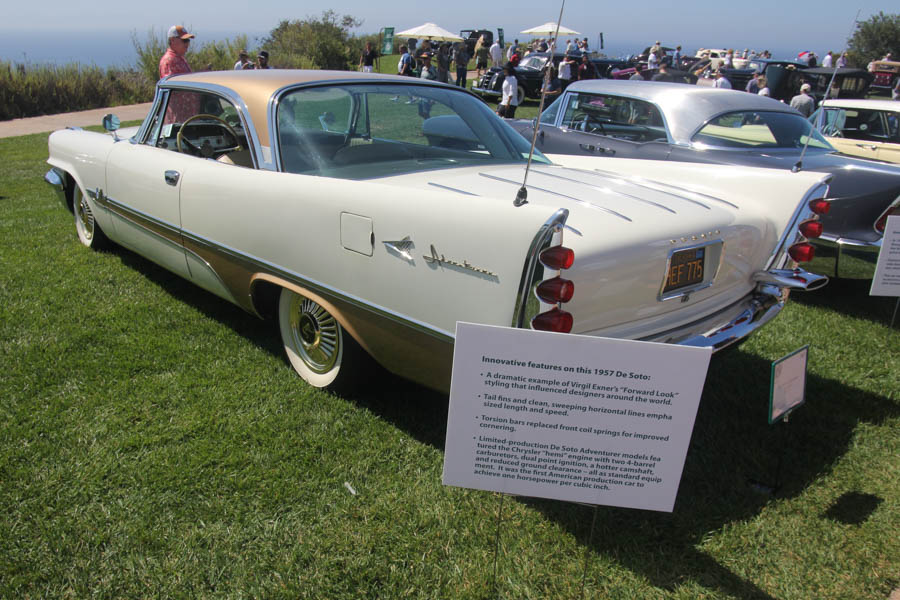
The Chrysler Desoto began the fins

1958 Cadillac was amazing
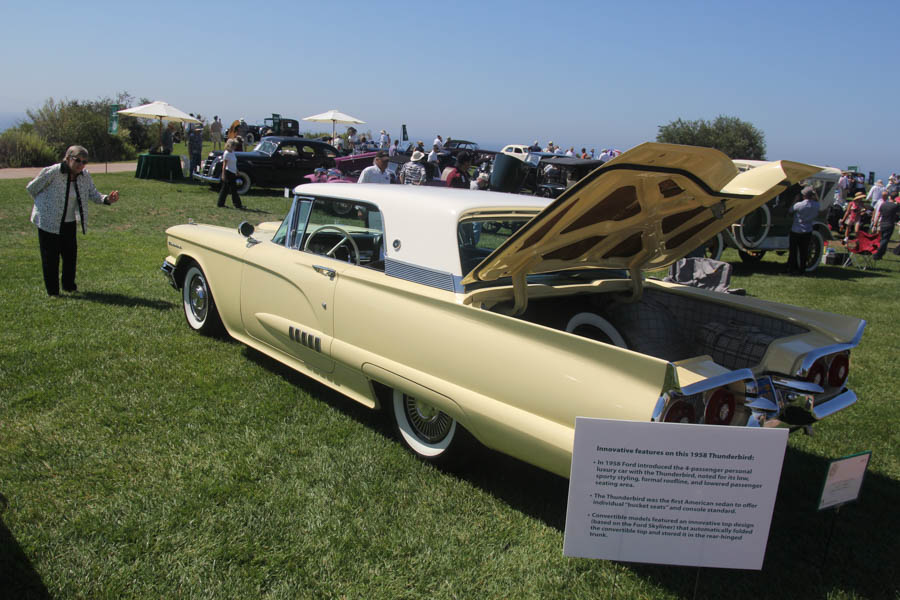
1958 Ford Thunderbird

Classic look
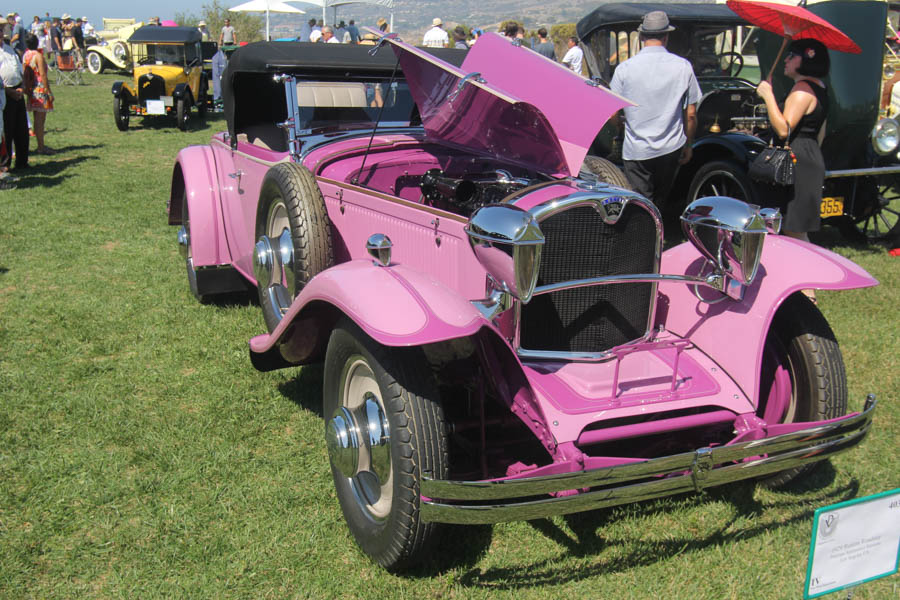
1929 Ruxton Roader

Wooden spokes were standard in the early days
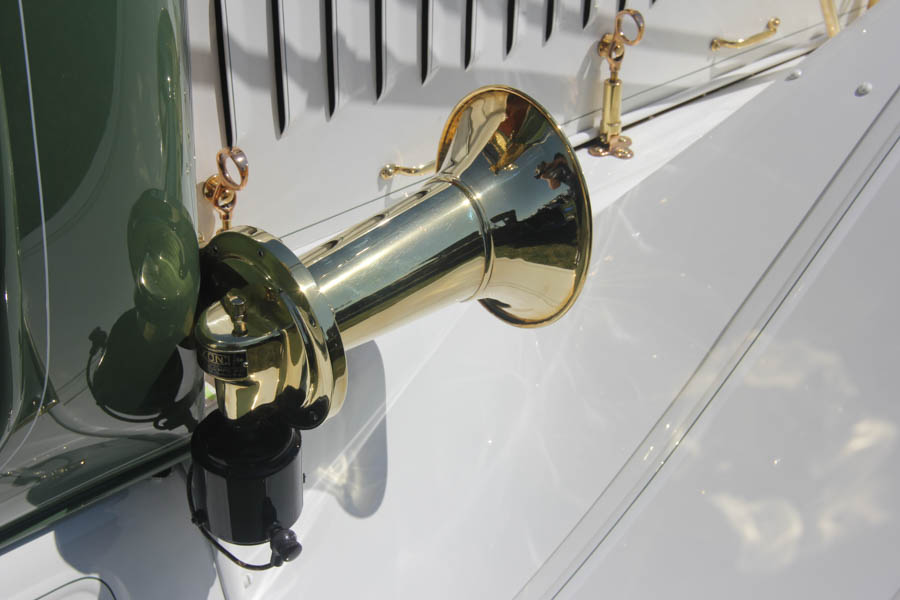
This puppy could really honk


The White from 1912 was huge
Did You Know? - The White Motor Company was an American automobile and truck manufacturer from 1900 until 1980. The company also produced bicycles, roller skates, automatic lathes, and sewing machines. Before World War II, the company was based in Cleveland, Ohio.

Fancy luggage rack
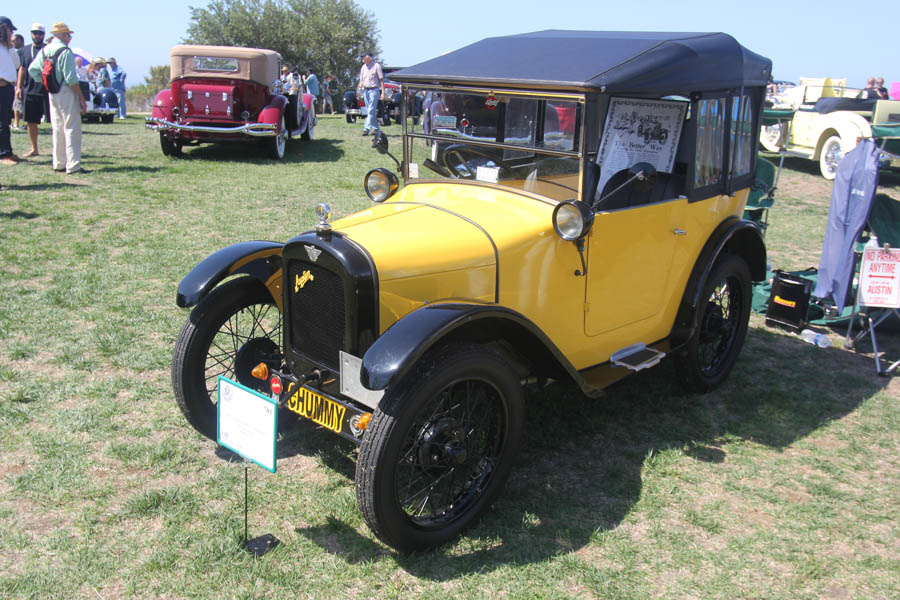
Talk about wire wheels
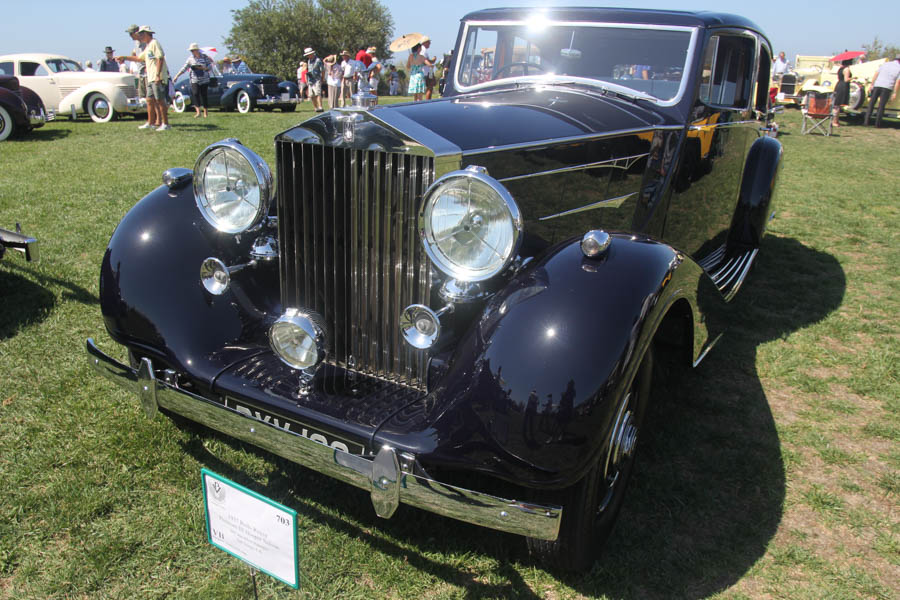
1933 Rolls Royce

1930 Cord L-29 Murphy Town Car

Check the voice tube.... So the passengers can direct the chauffeur
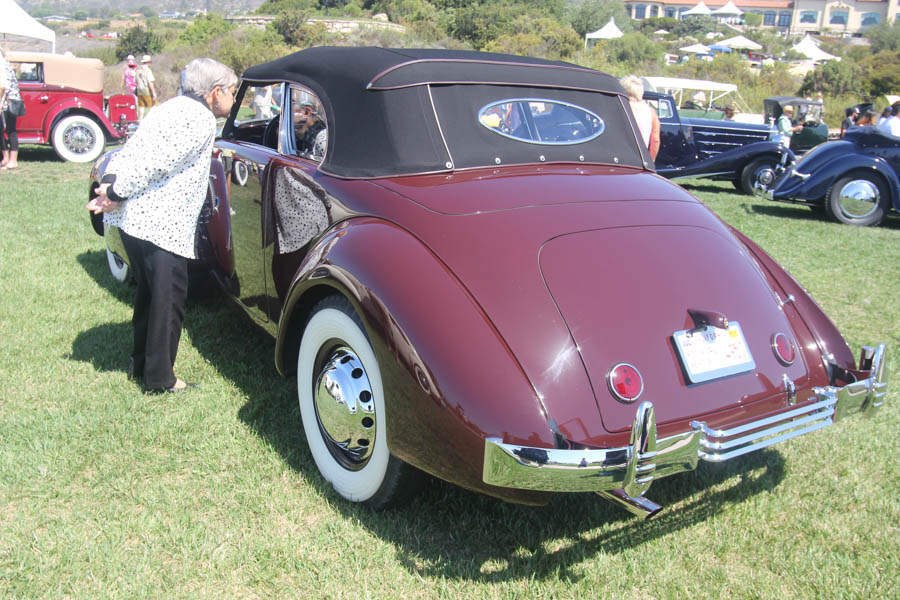
1937 Cord Phaeton

Amazing styling
Did You Know? - Cord innovations include front-wheel drive on the L-29 and hidden headlamps on the 810 and 812.
Hidden headlamps did not become common as a standard feature until the 1960s (though DeSoto used them in 1942). The early Oldsmobile Toronados, whose GM stylists later stated they were trying to capture the "feel" of the Cord's design, also featured hidden headlamps.
This was the first American front-wheel drive car to be offered to the public, beating the Ruxton automobile by several months, in 1929.
The brainchild of former Miller engineer Carl Van Ranst, its drive system borrowed from the Indianapolis 500-dominating racers, using the same de Dion layout and inboard brakes.
This allowed it to be much lower than competing cars. Both stock cars and special bodies built on the Cord chassis by American and European coachbuilders won prizes in contests worldwide.
The L-29 came with full instrumentation, including a temp. gauge, oil pressure gauge, and speedometer on the left with a gas gauge, oil level gauge, and Ammeter on the right of the steering wheel.

1933 Cord radiator cap
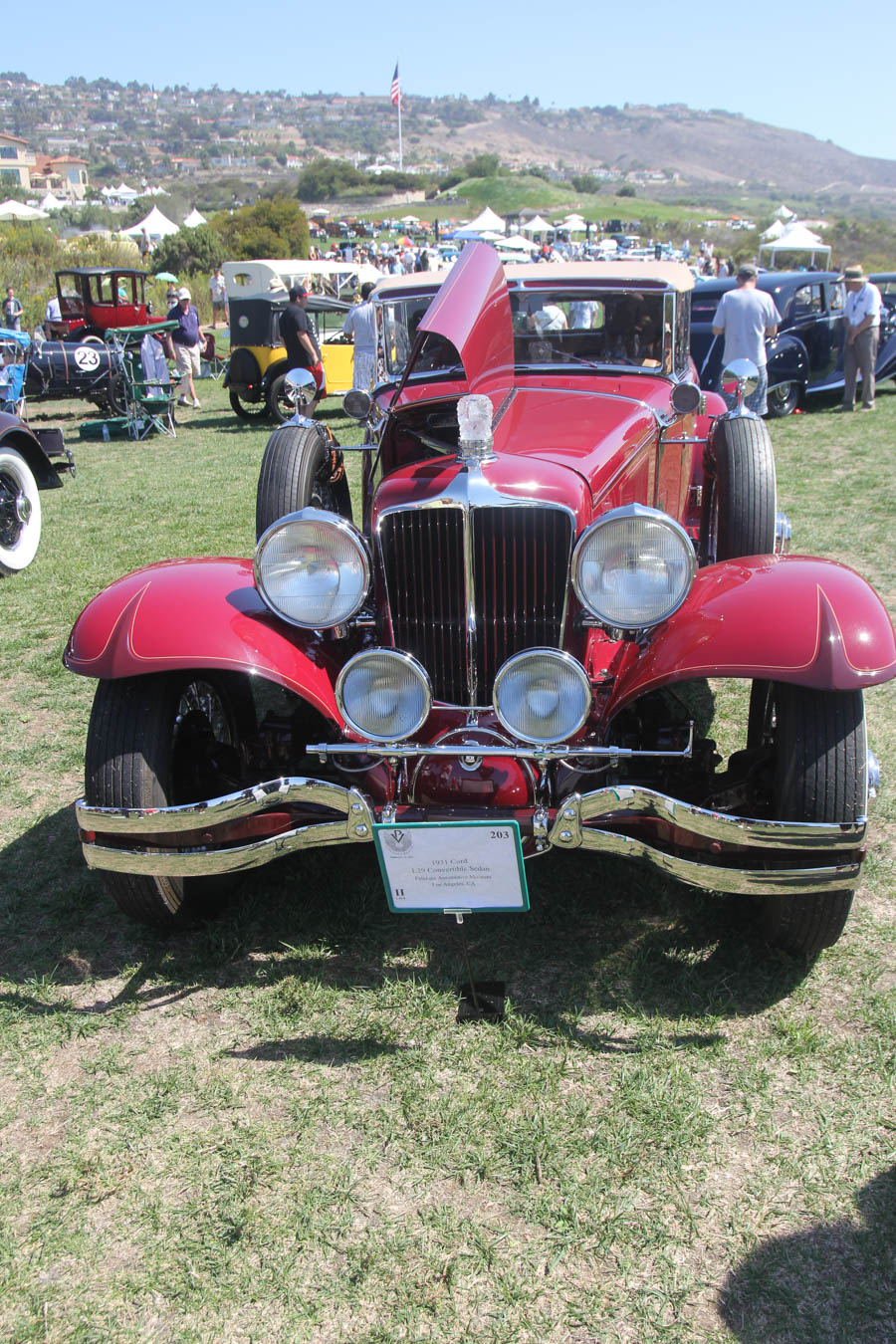
Just simply beautiful
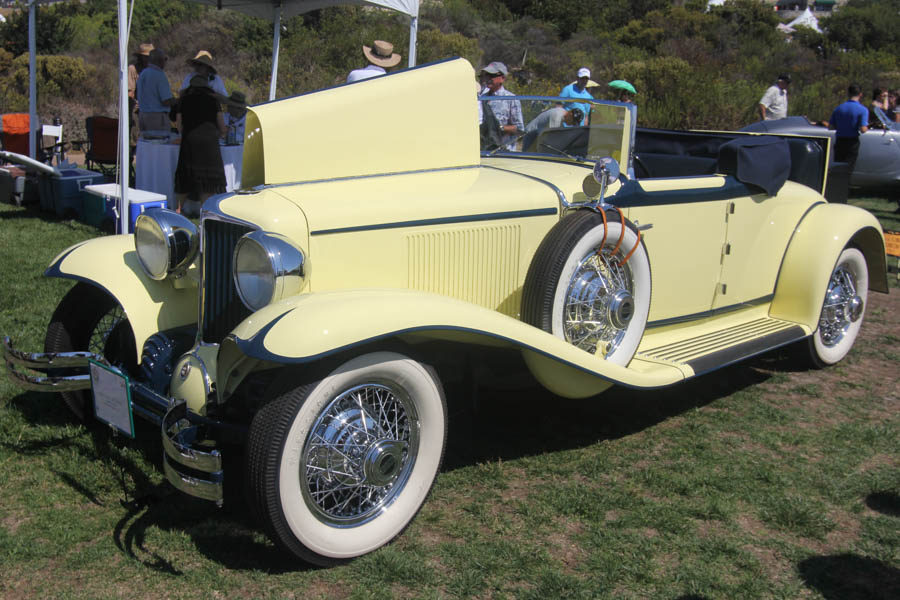
1921 Dusenberg with rumble seat
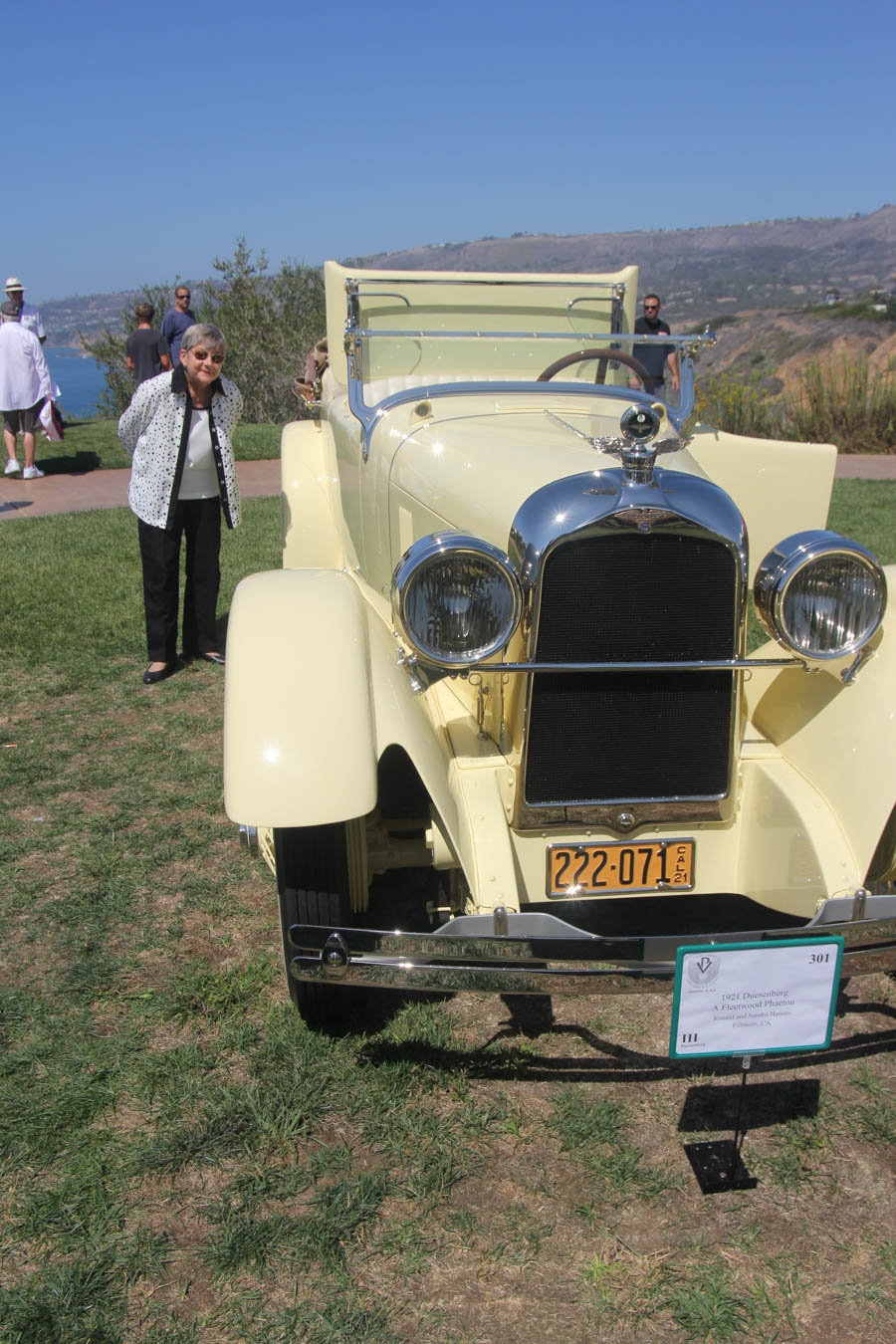
1923 Dusenberg Fleetwood Phaeton

1923 Dusenberg Touring

1948 Tucker
Did You Know? - The Tucker 48 (named after its model year) was an advanced automobile conceived by Preston Tucker and briefly produced in Chicago in 1948. Only 51 cars were made before the company folded on March 3, 1949, due to negative publicity initiated by the news media, a Securities and Exchange Commission investigation and a heavily publicized stock fraud trial (in which allegations were proven baseless in court with a full acquittal). Speculation exists that the Big Three automakers and Michigan senator Homer S. Ferguson also had a role in the Tucker Corporation's demise.
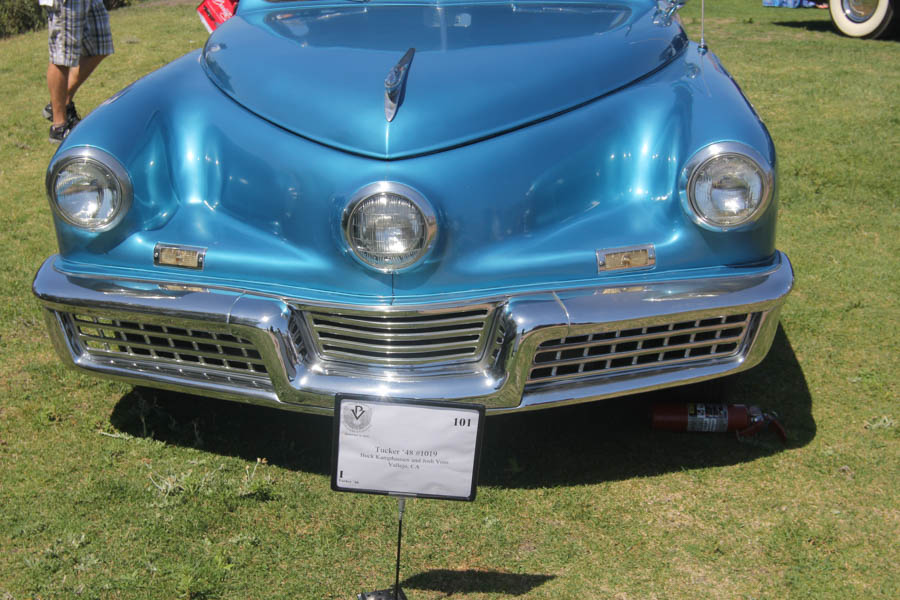
Quite an amazing vehicle
Did You Know? - After World War II, the public was ready for totally new car designs, but the Big Three Detroit automakers had not developed any new models since 1941. This provided great opportunities for new, small automakers[citation needed] who could develop new cars more rapidly than the huge legacy automakers.
Studebaker was first to introduce an all-new postwar model, but Tucker took a different track, designing a safety car with innovative features and modern styling. His specifications called for a water-cooled aluminum block flat-6 rear engine, disc brakes, four-wheel independent suspension, fuel injection, the location of all instruments within reach of the steering wheel, seat belts, and a padded dashboard.
Even before the War's end Preston Tucker began working on plans for his new automobile. In the summer of 1944, he hired noted car designer George S. Lawson to style his new automobile.
Lawson worked on the project for over a year-and-a-half before his design debuted publicly, beginning about February 1946 and found as late as a year later in March 1947.
Lawson was named the Tucker Corporation's "chief stylist" in February 1946, immediately upon the Corporation's formation.

It was a beautiful car
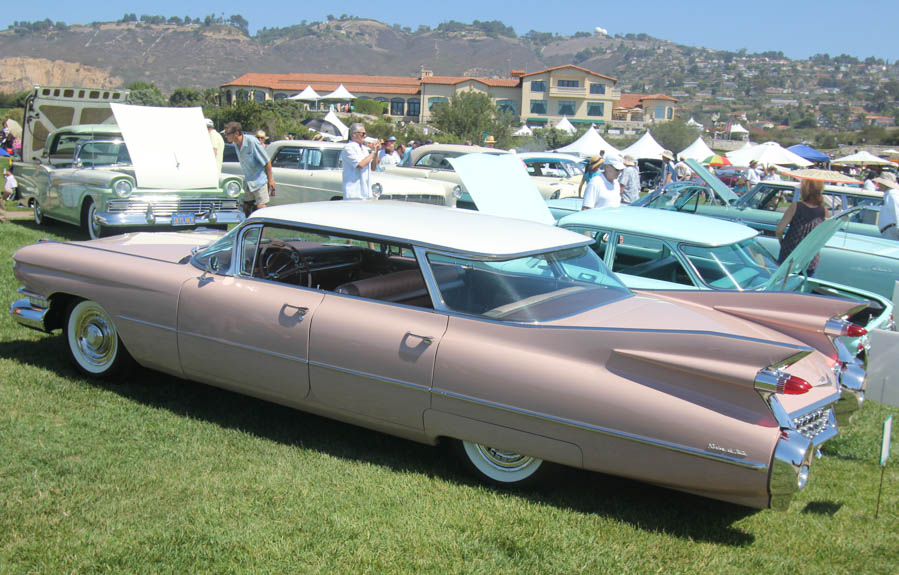
Paul remembers driving around town in this car....
Ed Heyman was his great friends and Ed's folks would lend us the car
Did You Know? - The 1959 Cadillac is remembered for its iconic huge tailfins with dual bullet tail lights. The new model year also saw two distinctive rooflines and roof pillar configurations, new jewel-like grille patterns and matching deck lid beauty panels. In 1959 the Series 62 became the Series 6200.
De Villes and 2-door Eldorados were moved from the Series 62 to their own series, the Series 6300 and Series 6400 respectively, though they all, including the 4-door Eldorado Brougham (which was moved from the Series 70 to Series 6900), shared the same 130 in (3,302 mm) wheelbase. Engine output was an even 325 hp (242 kW) from the 390 cu in (6.4 L) engine.
The Series 6200 was identifiable by its straight body rub moldings, running from front wheel opening to back bumpers, with crest medallions below the spear.
A one-deck jeweled rear grille insert was seen. Standard equipment included power brakes, power steering, automatic transmission, back-up lamps, windshield wipers, two-speed wipers, wheel discs, outside rearview mirror, vanity mirror and oil filter.
The convertible model had power windows and a two-way power seat. Plain fender skirts covered the rear wheels and 4-doors were available in either four-window or six-window hardtop configurations.
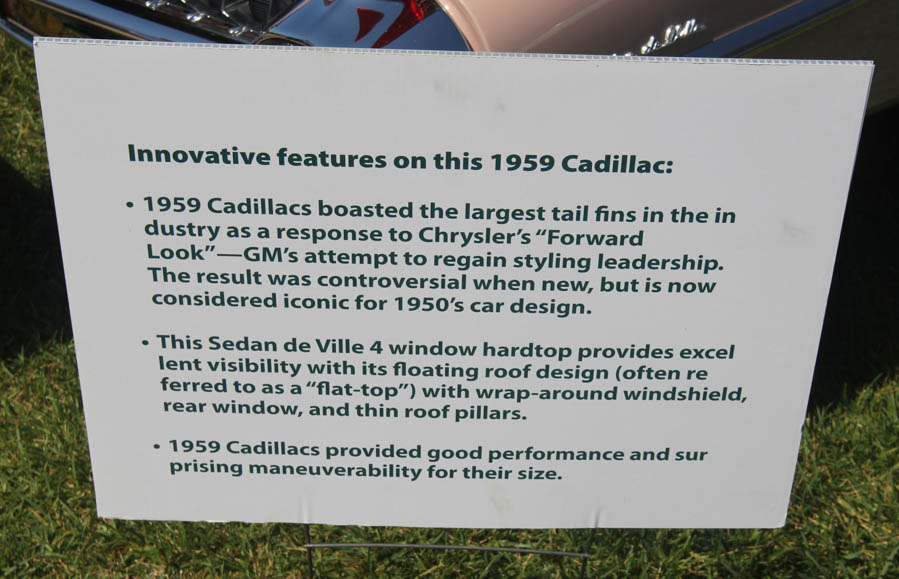
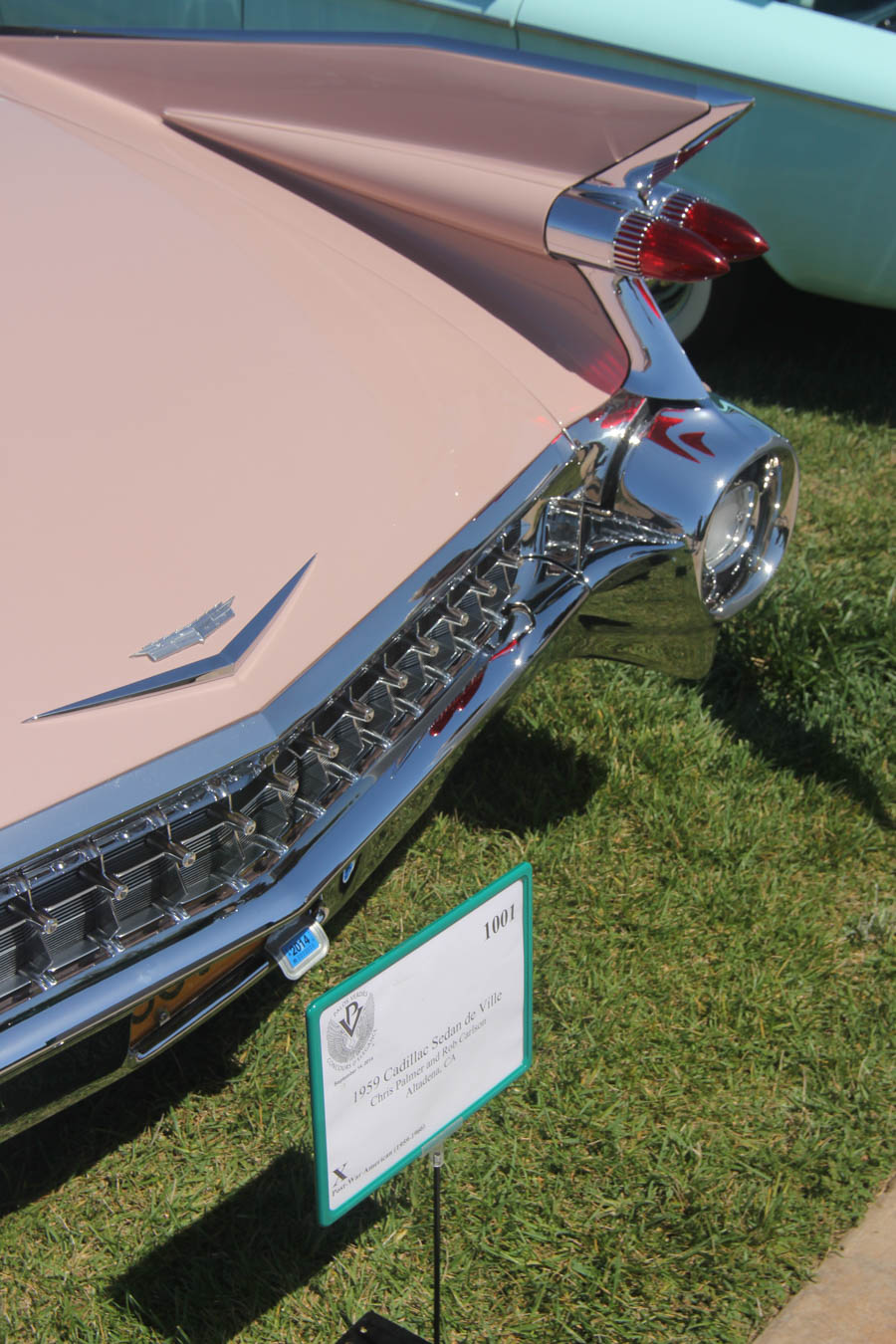
Great fins!
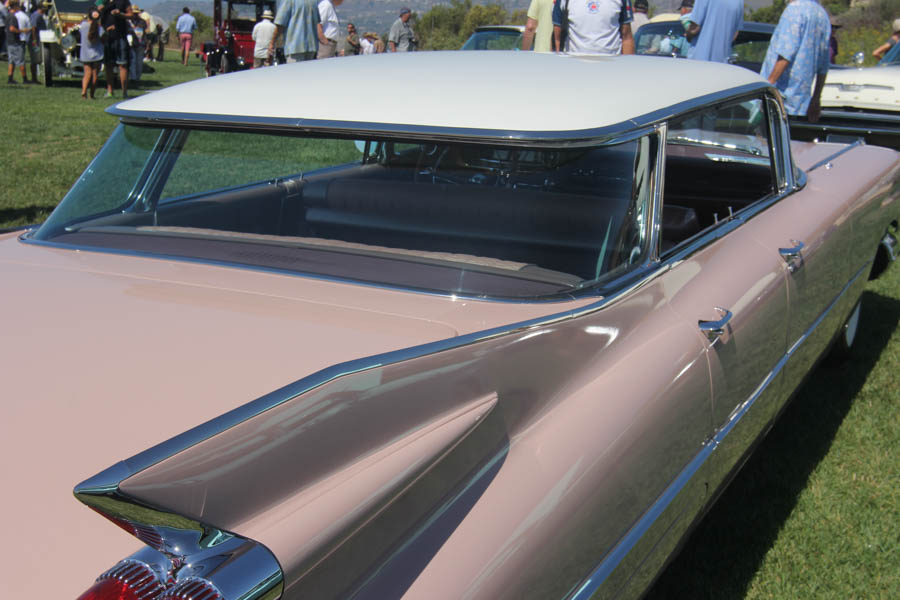
The wraparound glass was amazing - The floating roof

The Lincoln was indeed a boat
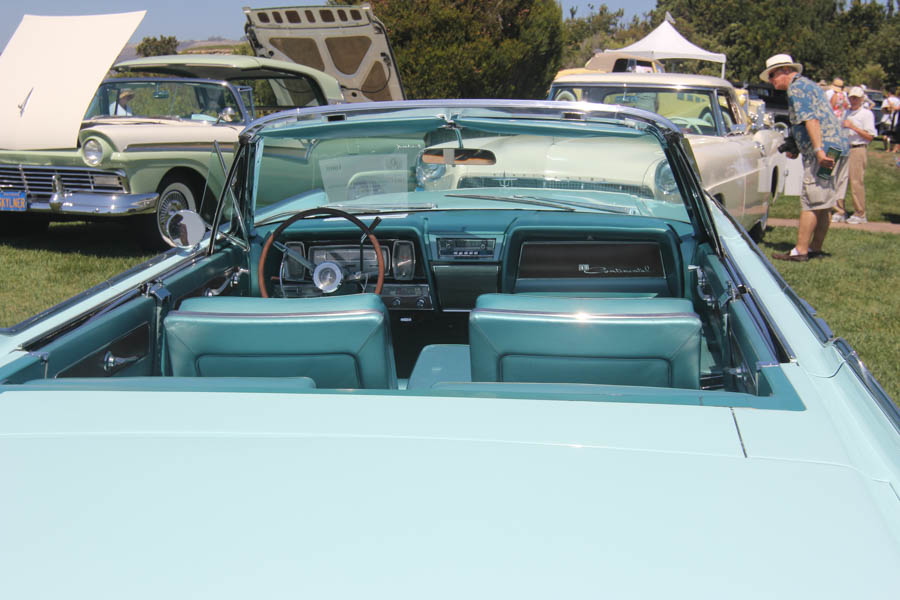
Just plain huge
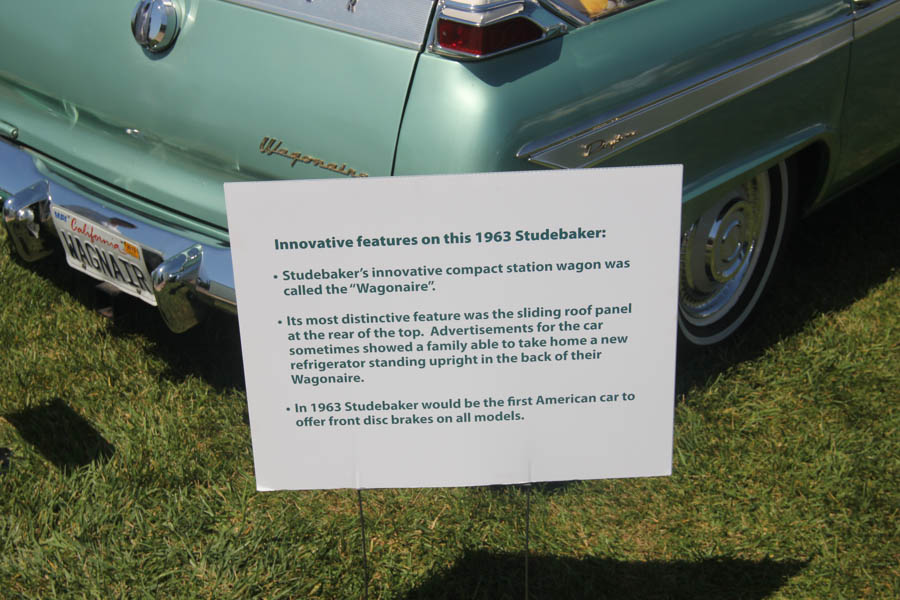
Interesting innovations
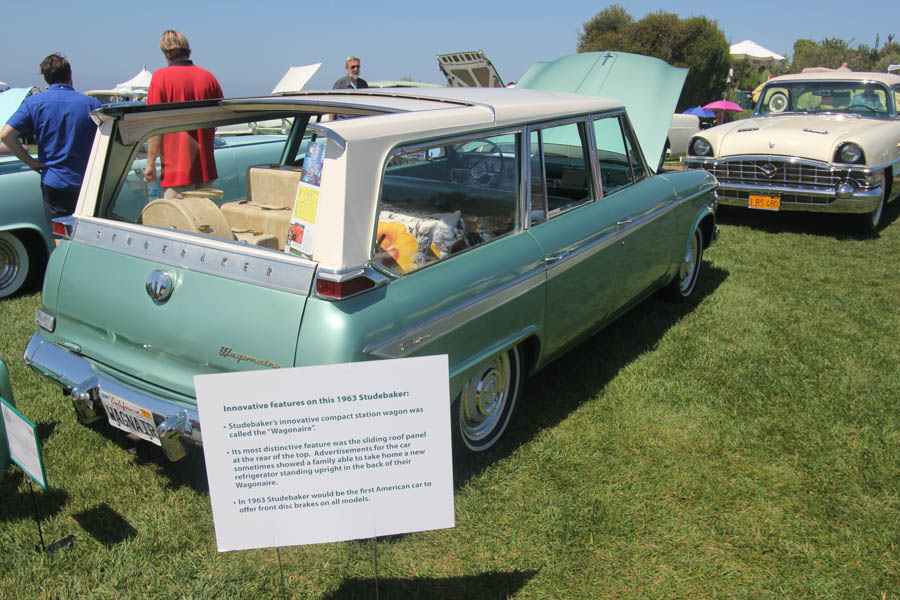
The roof rolled back so one could put a frig in the back
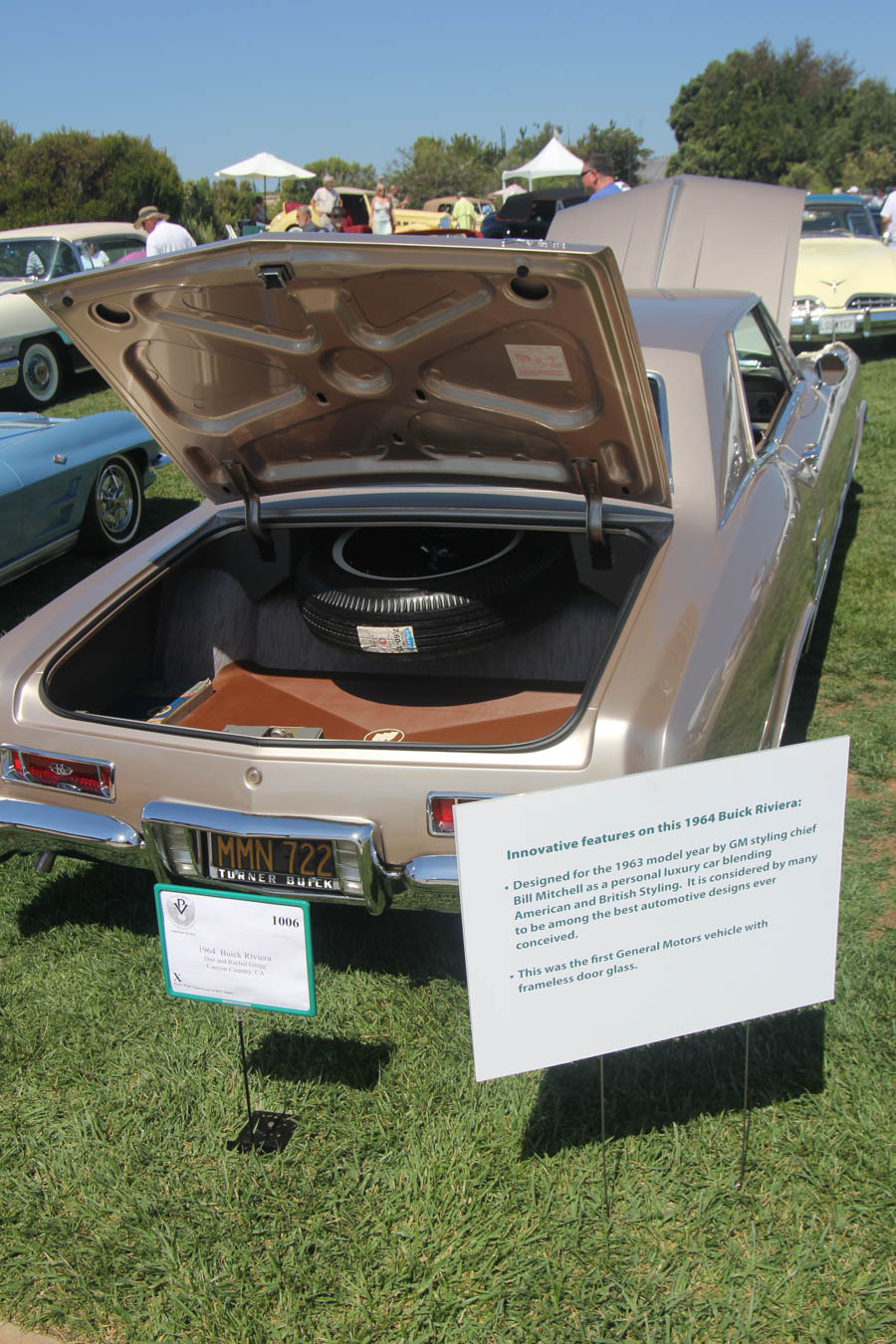
1963 Buick Rivera
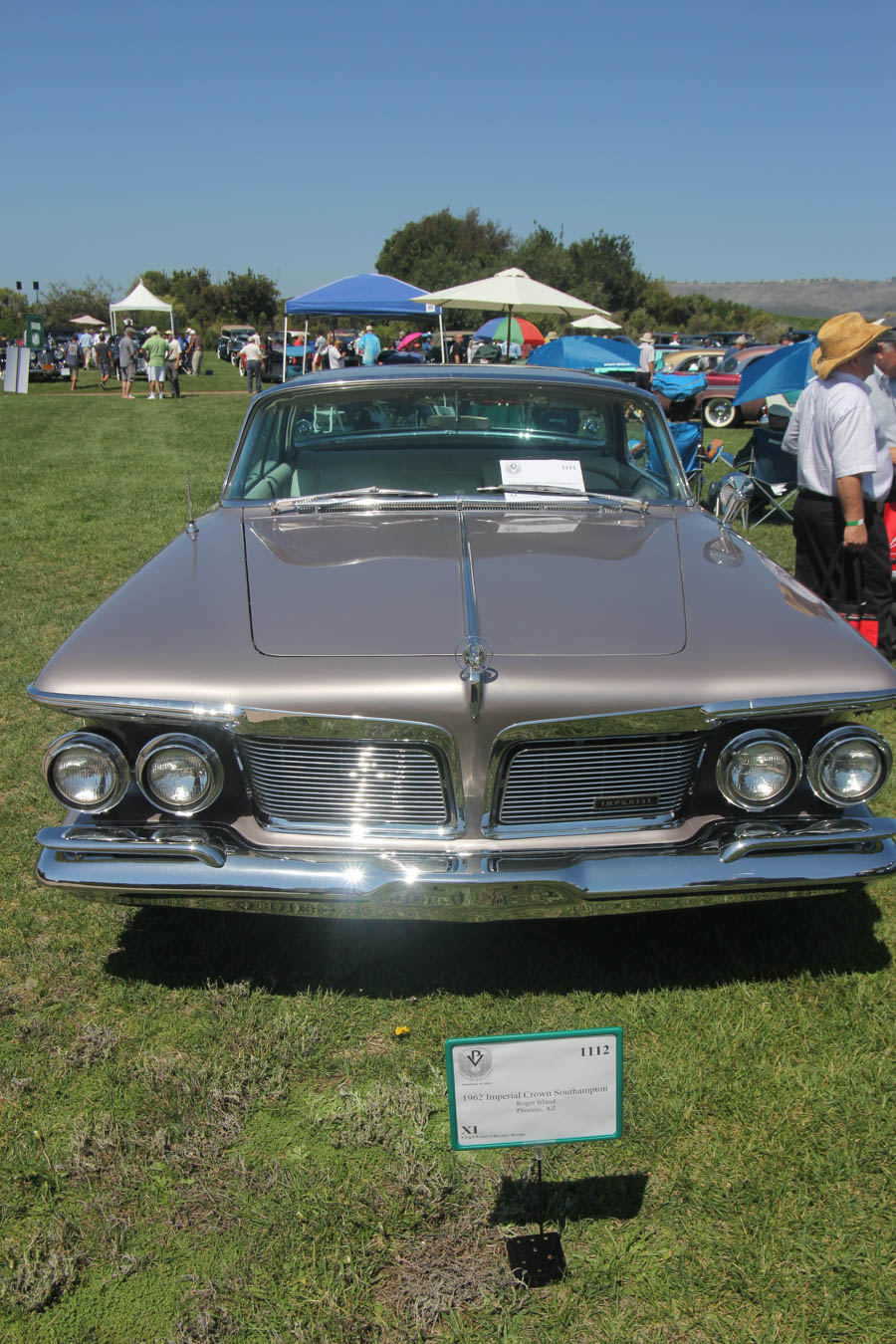
1962 Chrysler Imperial
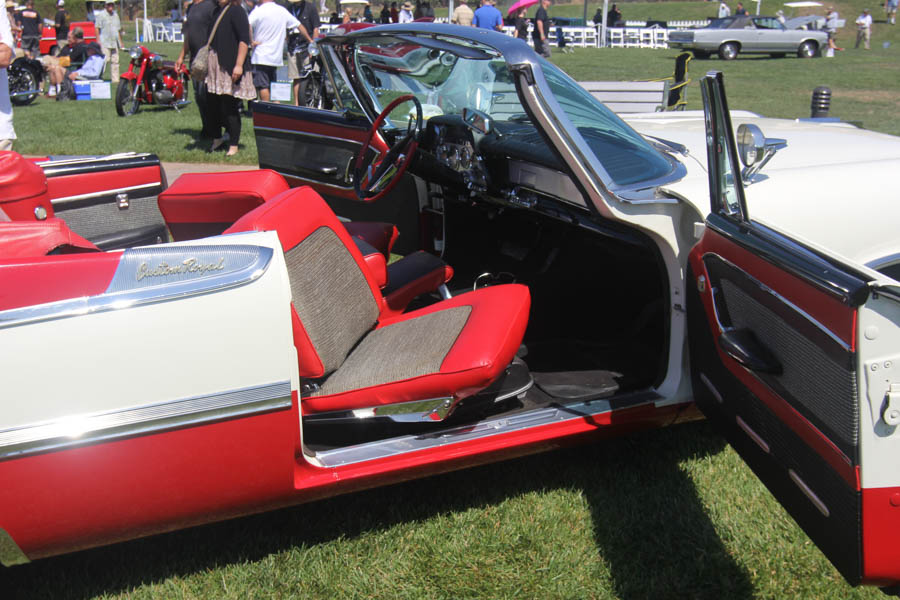
Seats make it easy to get in!
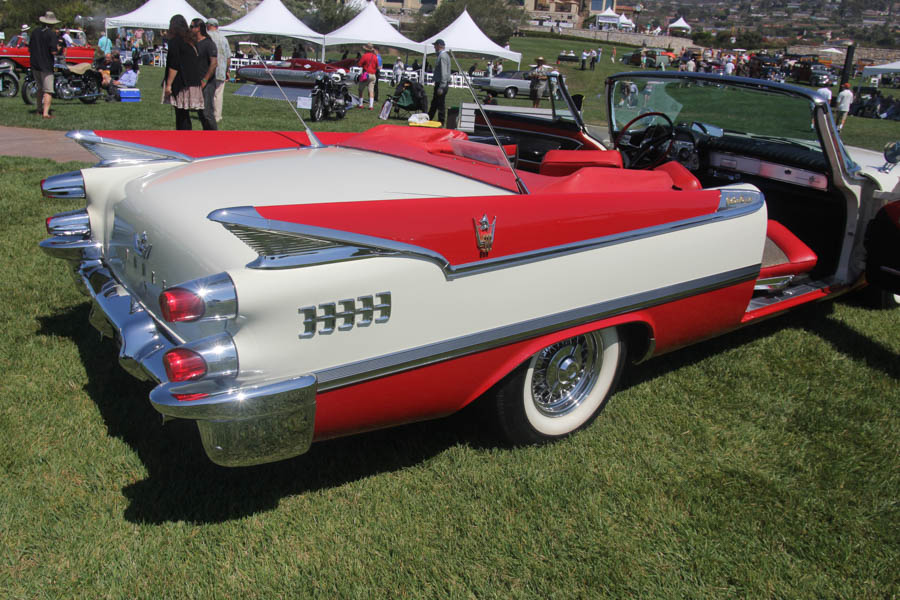
Imperial was it's own brand for a while

The legendary DeSoto's were well represented

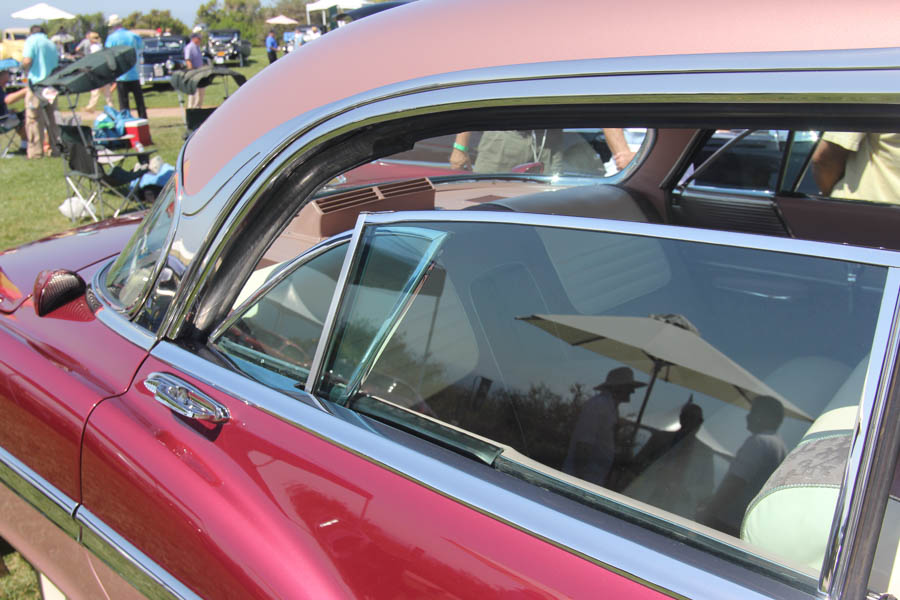
Check the windows!!! Everything goes down
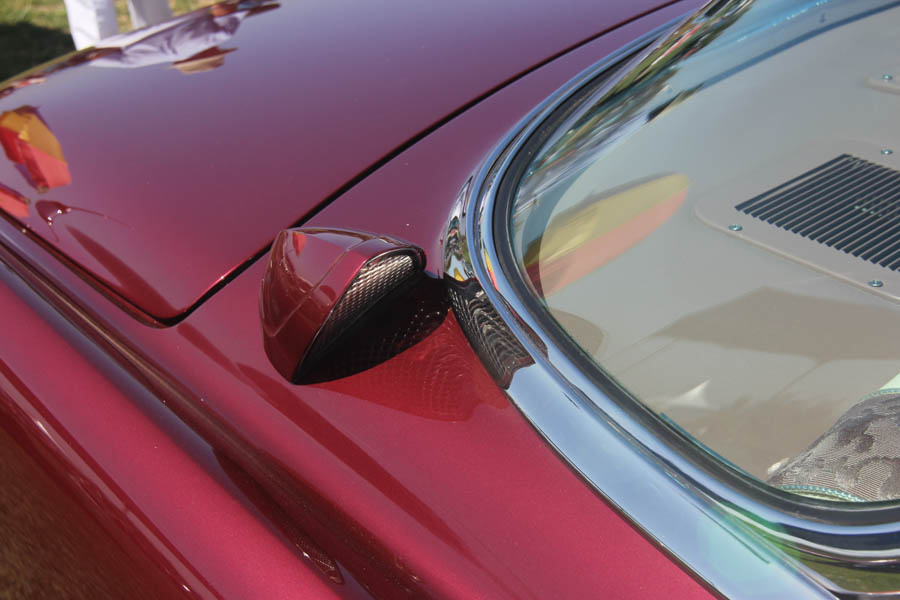
Input vents for the "air conditioning"

Most of the cold air came form the back since the air conditioning was in the trunk

They had some airflow from under the dash

Did You Know? - The DeSoto (sometimes De Soto) was an American automobile marque, manufactured and marketed by the now-defunct DeSoto Division of the Chrysler Corporation from 1928 to 1961. The DeSoto logo featured a stylized image of Hernando de Soto. The De Soto marque was officially dropped November 30, 1960, with over two million vehicles built since 1928.